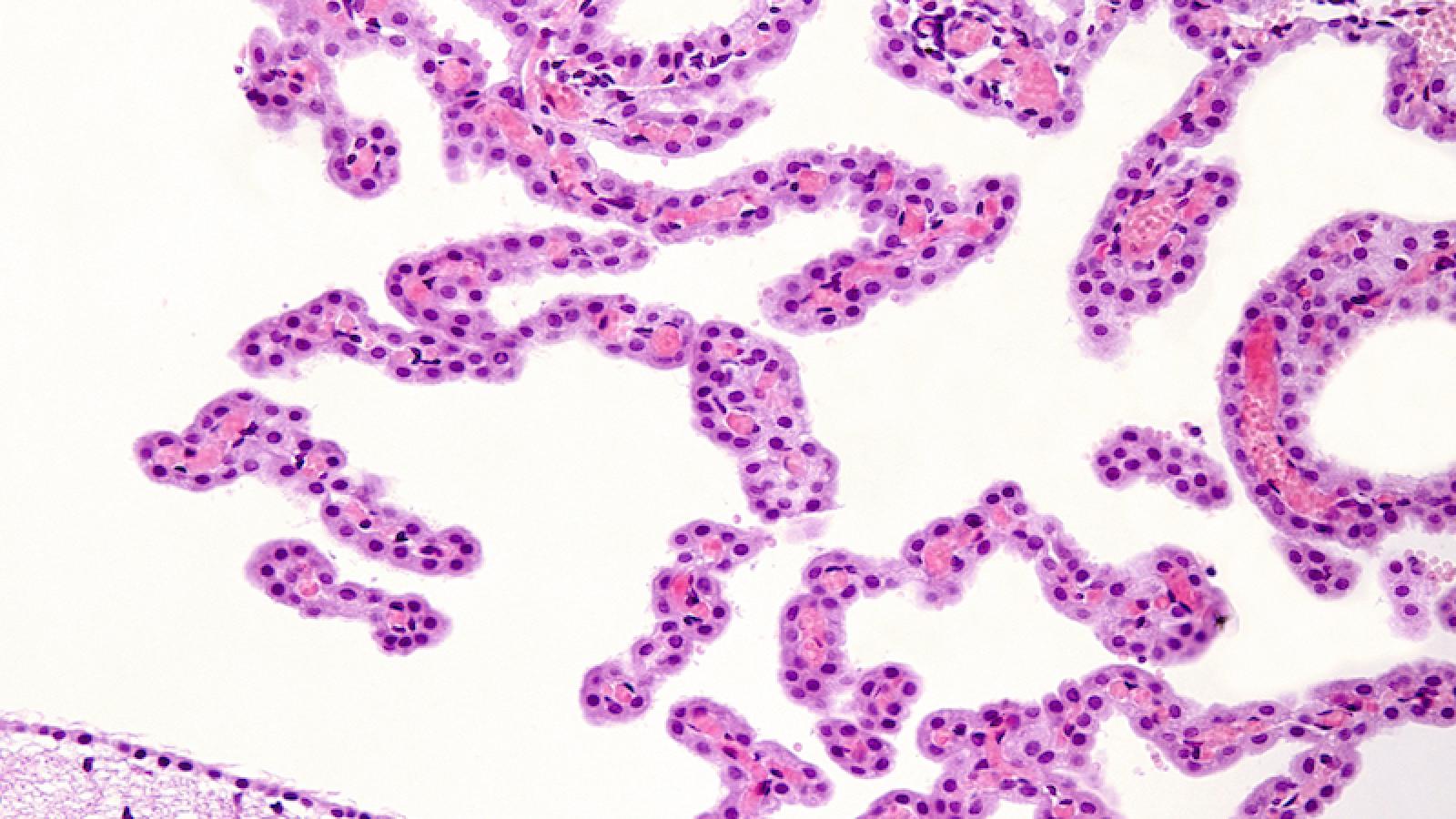A team of researchers led by Prof Siddharthan Chandran, UK DRI at Edinburgh, has published a perspective review evaluating whether poor clearance of toxic proteins from the brain contributes to the progression of amyotrophic lateral sclerosis (ALS) and frontotemporal dementia (FTD). Focusing on the glymphatic system, the model proposed in the review could offer additional avenues to further explore features of the diseases, with the ultimate aim of uncovering novel therapeutics.
The glymphatic system is a series of ‘tunnels’ containing cerebrospinal fluid (CSF) that distributes nutrients and removes waste from the central nervous system – critical for the brain, which requires a significant amount of energy to function. Co-author of the review article published today in Acta Neuropathologica Communications, Prof Maiken Nedergaard, first described the glymphatic system in 2012 and, since then, it has piqued the interest of researchers working on neurodegenerative disease, given its importance in removing waste proteins. Although some studies have explored the role of the glymphatic system in Alzheimer’s disease, little is known about potential links in ALS and FTD, which are also characterised by the build-up of misfolded, toxic proteins.
We hope that a glymphatic system model can provide a novel paradigm for the diseases and open new research avenuesDr Arpan MehtaMRC/MND Association Clinical Research Training Fellow at the University of Edinburgh
In this review, the authors point to recent evidence suggesting that changes in the flow and composition of CSF in people with ALS may differ from healthy individuals, Additionally, factors known to influence the function of the glymphatic system, such as ageing, sleep and vascular and respiratory function, are also affected in ALS. Thus, the study authors propose that an impaired glymphatic system could be implicated in several of the disease mechanisms found in ALS, most notably in processing of key proteins associated with ALS.
Dr Arpan Mehta, co-author on the review and MRC/MND Association Clinical Research Training Fellow at the University of Edinburgh, said:
“Although considerable progress has been made in our understanding of both the biological hallmarks and clinical aspects of ALS and FTD, there remains an important disconnect between the two, as is the case for so many other neurodegenerative conditions.
We hope that a glymphatic system model can provide a novel paradigm for the diseases and open new research avenues, ultimately leading to much needed treatment options for these devastating conditions.”
Going forward, the authors encourage the creation of dedicated experimental models examining the role of the glymphatic system in ALS and FTD. Furthermore, future research aimed at understanding spinal cord clearance mechanisms is required, given the critical involvement of the spinal cord in ALS.
Reference
Article published: 20 August 2020
Banner image: Jose Luis Calvo/Shutterstock.com
